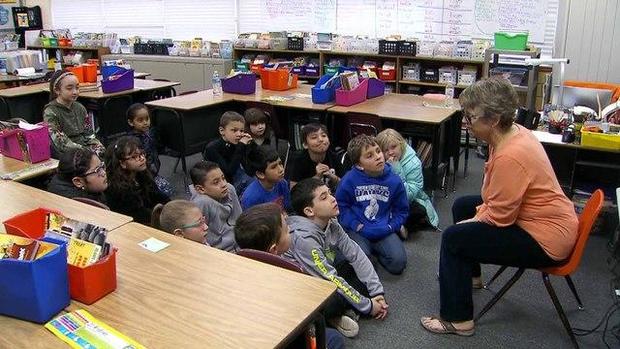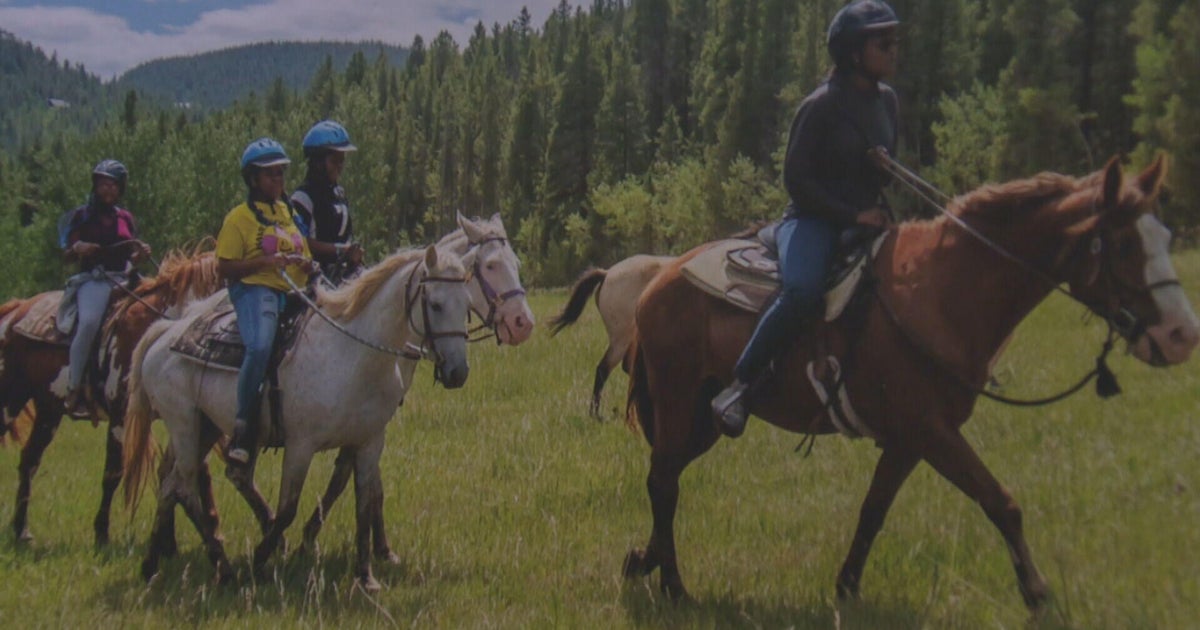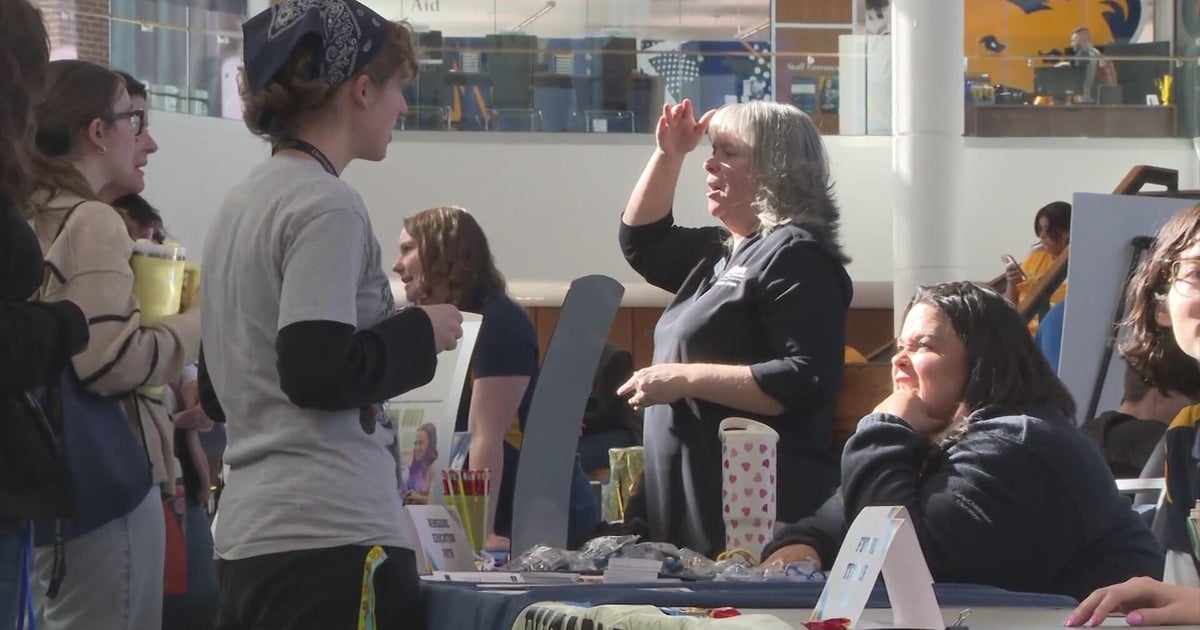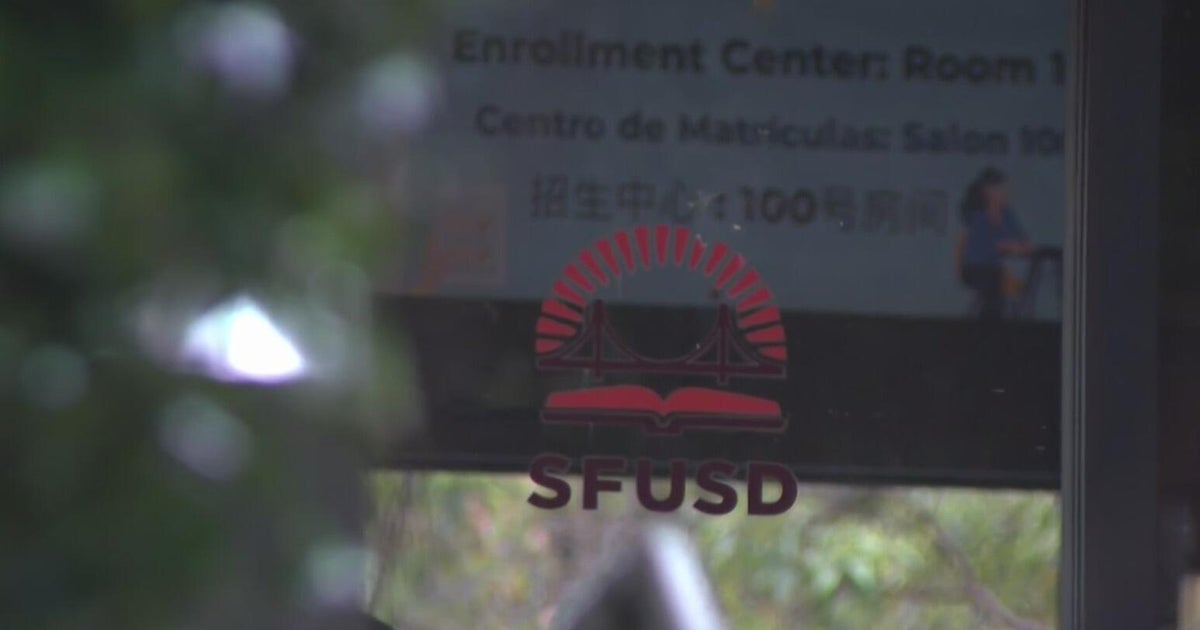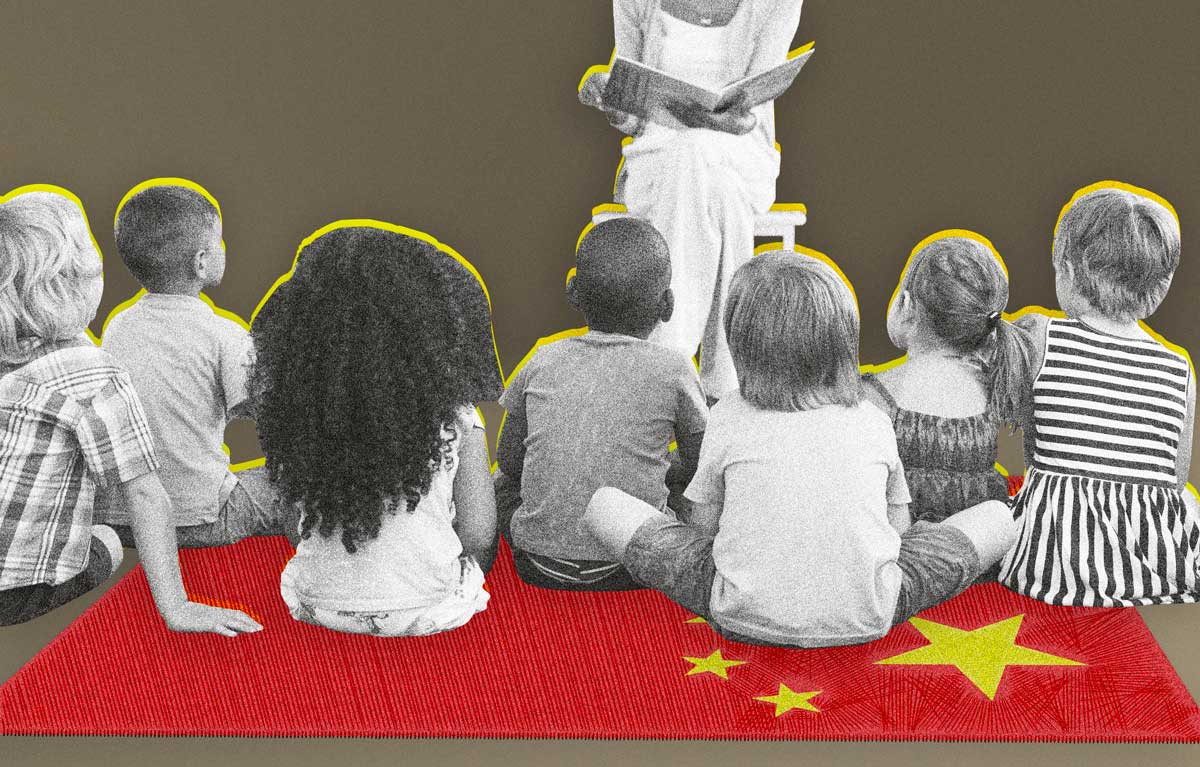Colorado town uses pot sales taxes to fund anti-bullying program – and it's working
As part of our "School Matters" series, "CBS This Morning" looks at how an elementary school in rural Colorado is tackling bullying, before it reaches the playground.
When Colorado became the first state to allow sales of recreational marijuana in 2014, it meant millions of dollars collected from sales taxes. And a lot of that money is earmarked for education, which is how a small Colorado town of around 7,000 people got the money to start a program that stops bullying in its tracks.
School day at Parkview Elementary, in Lamar, includes the usual classes, like reading and math, and the unusual, like classes on bullying.
Teacher Leslie Treat is talking about what bullies do with her third-graders: "They're bullying a kid, they're saying to them that they can't play, they're not allowed to play. We call that exclusion."
She then role-plays a bully to student Tynleigh Medina: "Tynleigh, you need to get out of here. We told you we're not playing with you today."
And classmate Andres Varela knows how to step in: "C'mon, you can come play with me," he tells Tynleigh.
When Barry Petersen asked Andres why he invited Tynleigh to play with him, he replied, "Because she would've been sad, and I always like making people happy."
In this rural Colorado school district, these classes are taught from kindergarten through high school. Principal Aron Jones said, "I think it means the world. If kids don't feel safe, they're not going to learn, they're not going to achieve."
Bullying is different in a small town; it's not just about what happens in a classroom or at recess. These kids will see each other all the time, all over the place – at the store, at church, at recreational league sports, at after-school programs. In such a small community where people know one another and word spreads, the person being picked on can feel embarrassed, which makes a program like this a life-changer for vulnerable kids.
So, this small town decided to fund the more than $100,000-a-year anti-bullying program by using pot sales taxes provided by the state, despite the fact that they, as permitted under Colorado law, do not allow marijuana shops in town.
"I never thought I would see the day where marijuana money would fund programs in education," said Jones.
Petersen asked, "Did anybody come up to you and say, 'No, no, no, don't take that money'?"
"No one's ever shared any concern about the fact," Jones replied. "Professionally, this grant has really shown me that marijuana dollars can be directly used for student success, in this case bully prevention."
Since the program was started, bullying incidents have been cut by 23 percent, and it's taught kids to think before they do the wrong thing.
When asked what he learned to help him stop doing, fourth-grader Gianni Lopez said, "Well, I've never considered being a bully, but when I tried to stop myself, I always think, 'Am I saying the right things? Am I saying something kind? Am I saying something nice?'"
For Parker Daniel, bullying was real – he was a target. Moving here from Texas, he was picked on for having a different accent. One bully even threatened him. "One boy, he was gonna beat me up on the bus," he said.
Then his friend, Khloe Fernandez, stood up to the bully, using another tactic she learned as part of the anti-bullying program: strength in numbers.
"We go to the bully and we tell him to stop or we're going to tell on him and we're going to stop it by ourselves," Khloe said.
And what happened? "He never touched or did anything to Parker again."
Petersen asked, "Wasn't that scary, going to the bully?"
"No. Because I had my other friends that came with me, too," Khloe said.
Now, because the other students knew how to help, Parker's bad days are over.
Petersen asked, "How do you feel now that your friends have stayed with you?"
"Now I feel like I fit in," Parker replied. "Now I know I have a lot of friends that will stick up for me if I ever got bullied again."
Speaking of the program, Petersen said that giving children the words to use is important when facing a bullying situation: "They're kids; they're not born with this knowledge instinctively."
